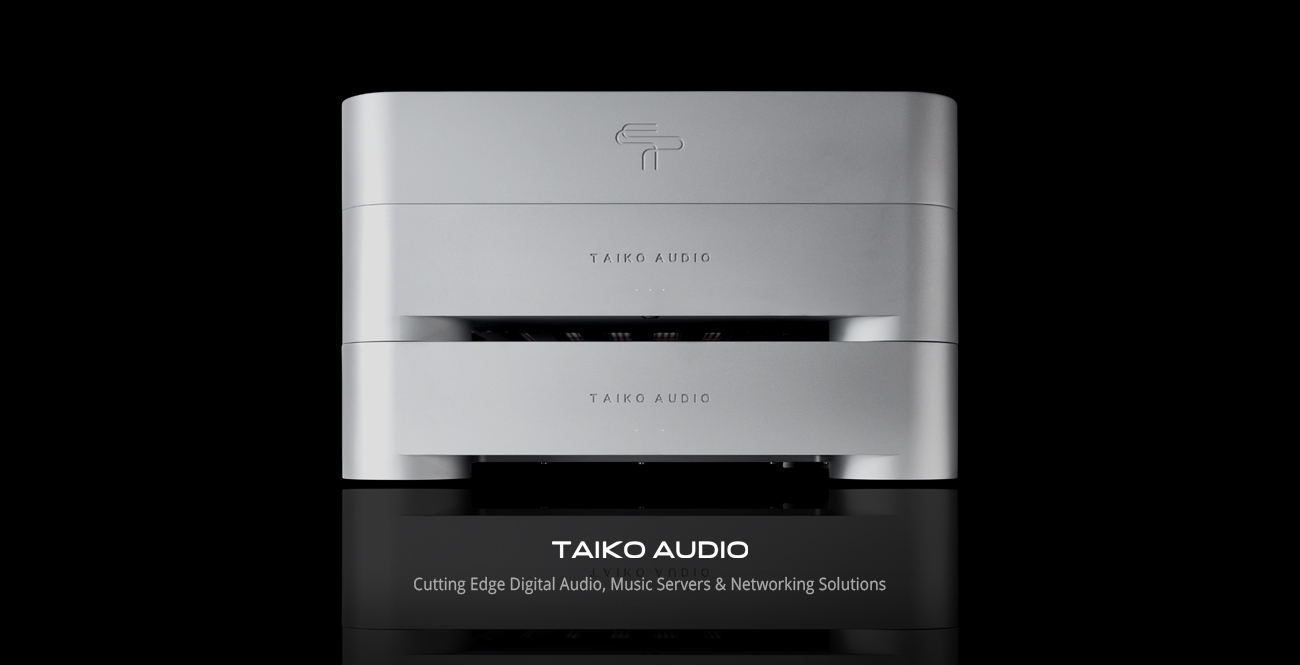Now it's morning here I think basically everything that needs to be said has been said. My own simple point is that there is no measurement for neutrality. It is purely subjective which is why given the same budgets we all have vastly different systems. The proof is in the eating and the fact that you have reached the pinnacle and see no need to change anything is perfect for you and your current set up including whatever accesories you might have such as footers, platforms, acoustic treatments. Nobody has the same feeling of neutrality as someone else. It's all about preference.Really
Personally I would be the first to state that I don't care if something is "neutral or "natural". We are so removed, in our systems, from real performances that to me that there is no point using that as a reference. Just get the sound you like. Life is simpler that way.


